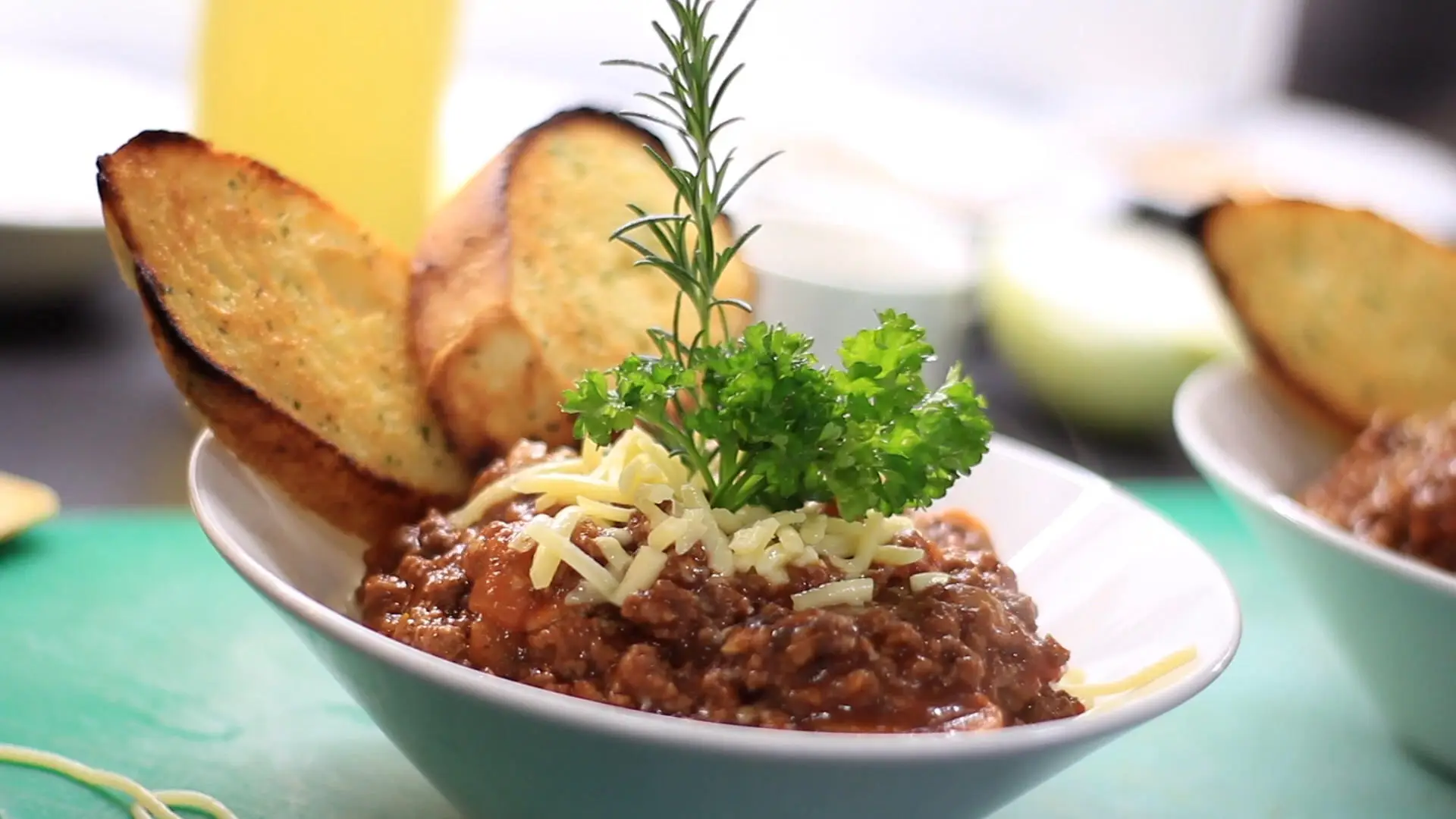Catering launches its helping hand menu
Our Catering team understands and appreciates the ongoing challenges individuals face regarding the cost of living and know your food is a big part of that.
Our Catering Team have pulled together some great advice on how to eat well for less - with guidance on food shopping, preparation, and storage!
Our Catering Team at Canterbury Christ Church University are always looking at ways to support students and staff to save money during the cost of living crisis. Whether that's through the roll-out of Heat and Eat Stations in our outlets - giving you the chance to heat your meals brought from home, our Helping Hand Menu – a great value menu consisting of healthy and nutritious meals for £3.00 or less, or through our partnership with the Students' Union to create a warm space for students and staff in Café 41 - giving the University community a space to go and relax and enjoy a warm drink or soup completely free! We are always thinking on how we can make your money go further.
Café 41 Thursday Takeovers
In December, Café 41 is offering a different takeover as well as all the free hot drinks and soup you may need! Every Thursday, 10am - 4pm:
We have got together with the Head of Catering, Rob Eyles, and Head Chef Stuart to discuss how we can separate fact from fiction when it comes to your food and how you prepare it.
There are various ways individuals can make their weekly shopping go that bit further, from using loyalty cards (such as Tesco Clubcard and Morrison’s More Cards) to cashback incentives and coupons, there are great money off incentives available from the big supermarkets to the smaller convenience stores.
Head Chef Stuart
Stuart is also a big advocate of shopping around by looking at deals online and comparing. Using even just a few of these ideas can make significant improvements in your weekly outgoings and your bank balance.
Looking for inspiration on what to cook? Why not try some of Head Chef Stuart's recipes - including ideas on how to make multiple dishes from the same base with Spaghetti Bolognaise followed by Lasagne.

Rob is a big believer in minimising waste to make your food last you longer. From storing food at the right temperature, and in the right conditions, to knowing the difference between sell by and use by dates can make a significant impact on how long your food lasts you.
Understanding best before dates vs use by dates is essential. Whilst it can be hard at first it pays dividend in the long-term - saving not just your money, but also the planet! Use by dates indicate when the food may no longer be safe to eat and generally should be adhered to. Best before dates indicate the quality of the food has started to reduce; however, it's still safe to eat and a common-sense approach should be taken in regard to how it is consumed. Visual checks, smell checks and inspections can all inform individuals on what is safe to consume... And if you have any doubts, google it and find out more and if not 100% sure, discard it just to be safe. Many supermarkets are no longer placing best before dates on their produce as a measure to combat the waste of food.
Rob Eyles
So, there are some great opportunities to save money in the supermarket and make your food last longer. With just a few conscious choices individuals are able to make small decisions that in the longer term will reduce their shopping bills and reduce their carbon footprint on the planet.